Several native elders spoke with eloquence, and at least one included mention of the need for a massive reduction of consumption and shift toward renewable energy sources. The speaker told us she had given up her car and personal computer, and enjoined us to do the same.
The fact is that aboriginal peoples have lived sustainably for millennia and most still do. We can learn a lot from them. Eco-theologian Thomas Berry makes this point in his book The Great Work (1999):
" . . . we have begun to recognize both how little we really understand these peoples and how much we need the wisdom of their traditions.The Aboriginal Day protesters retired to the U of T campus for a BBQ hosted by Students for Social Justice, followed by some wonderful song and speeches and a community circle and drumming.
" . . . the Indian peoples of this continent do possess, it seems, an indestructible psychic formation that will remain into an indefinite future. They have held on to dimensions of their ancient wisdom traditions of which European Americans have had little or no knowledge.
"As the year pass it becomes ever more clear that dialogue with native peoples here and throughout the world is urgently needed to provide the human community with models of a more integral human presence to the Earth."
Several speakers mentioned the environment, an issue intimately linked to the native rights. Yours truly had an opportunity to bring attention to the problem of the provincial government's plans to dump radioactive waste on aboriginal lands without environmental assessments or public consultations -- an issue first brought to our attention by environmental lawyer Sarah Dover, who works for Greenpeace.
The ethical case against dumping of radioactive toxins in any location is that they remain dangerous for tens of thousands of years, beyond a time when we can guarantee their safe disposal. Countless future generations will be poisoned because our society required cheap energy to power a wasteful lifestyle, when clean, safe renewable energy sources could have sufficed instead.
At the recent Power to Choose forum Dr. Rosin-Goldenberg spoke on the health hazards of tritium, a form of radioactive waste. The basic conclusion is that there is no safe level of radioactive waste; the only safe solution is not to produce it in the first place, which means rejecting nuclear power.
One lady told me that she lived near the Bruce Peninsula and the province had failed to consult the public or do environmental assessments regarding the newly proposed nuclear power plants to be built there, despite evidence of health problems in the region. This lack of public consultation on matter of great importance is an unfortunate hallmark of the current provincial government.
It should be evident that aboriginal wisdom and traditional knowledge -- which emphasizes a biocentric (Earth-centered) rather than anthrocentric (human-centered) world view -- would be beneficial for the planet, if adapted to the current situation.
The McGuinty government should not arrogantly dump toxic waste from our unsustainable way of living on to their land. And the Provincial and Federal governments should honour native land claim treaties made in the past, as the protesters have been asking for generations.
The climate crisis can be solved, but it requires a recognition of how wrong we have been to pollute the atmosphere and destroy the earth. Killing half the species on Earth and changing the natural enviroment so significantly that it endangers human civilization will certainly lead to a change in our thinking -- but everyone is fearful that it will be too little, too late.
So we don't have a lot of time to get it right, and this knowledge breeds impatience. Yet for those of us in the environmental movement who want immediate results, we should ponder the lesson of "seven generations": Aamjiwnaang resident Ron Plain says ‘I’ve been taught and my people have been taught to always be thinking seven generations ahead,’ Plain tells me. ‘Nothing is going to change in my lifetime. But this activity, this destruction of my community and my people, has occurred for the most part in less than seven generations, and it can be reversed in that time as well. That’s what keeps me going.’ (See Seven Generations Ahead)
For now, be active, learn from other cultures, work with and encourage young people, and "be the change that you wish to see in the world." Every act of good will bears fruit in time.
- Paul York



























































































































































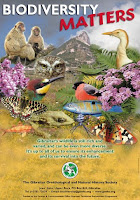

























































































.jpg)





































































































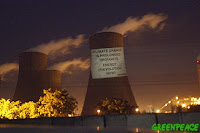


















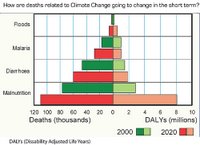
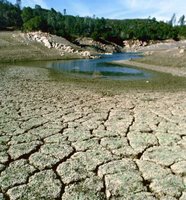

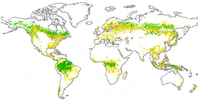








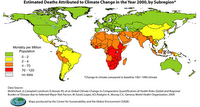











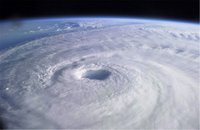











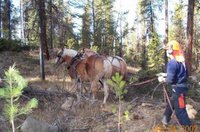
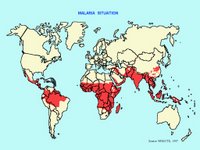



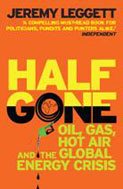
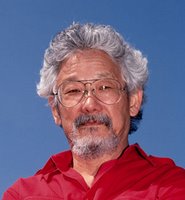


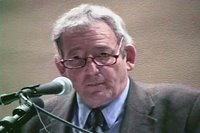
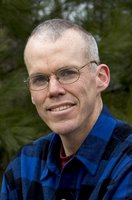

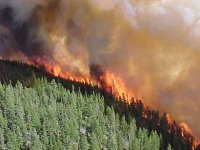





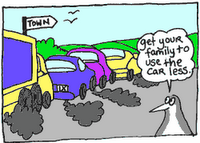

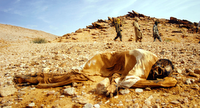


























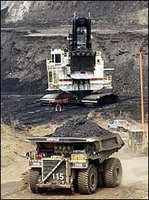


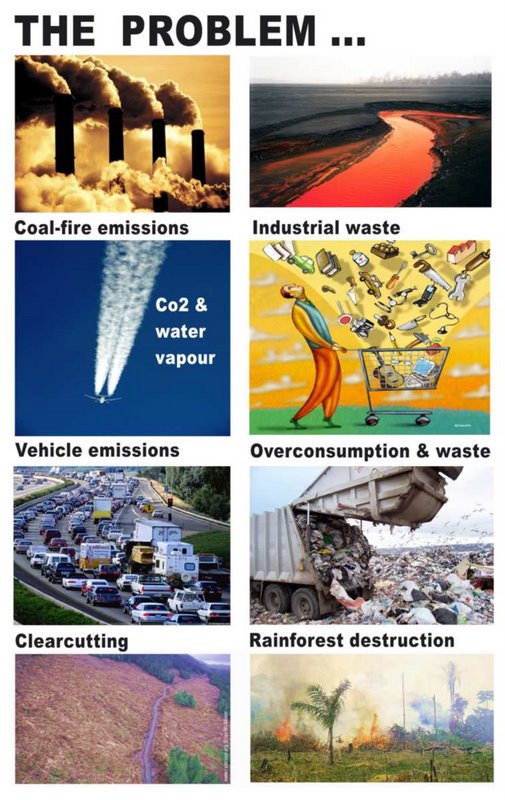

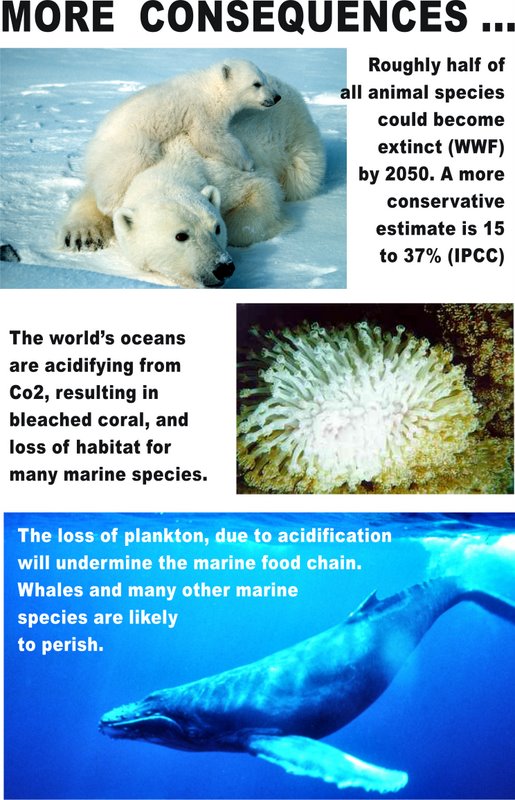




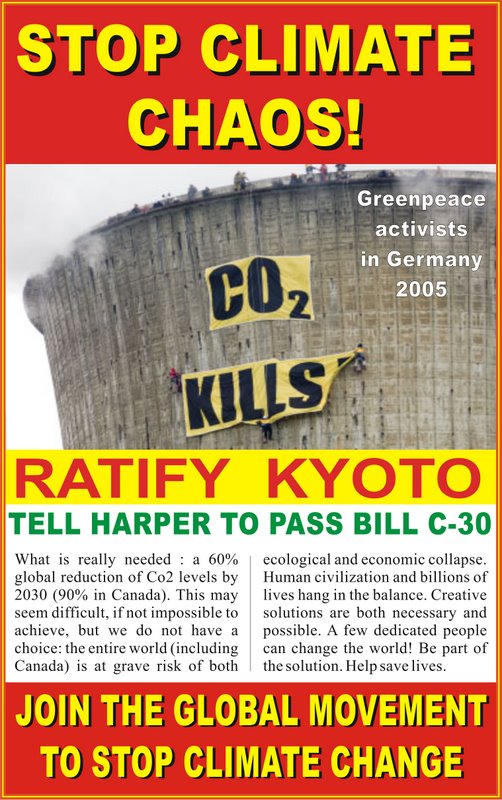



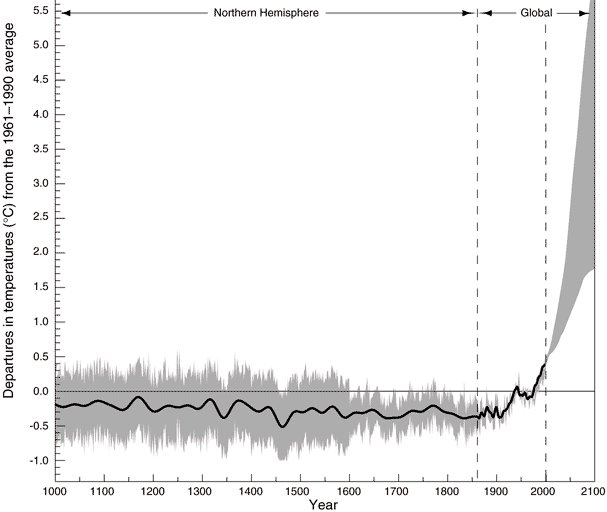


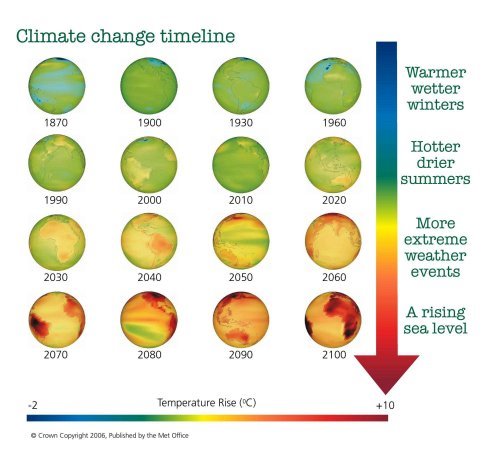




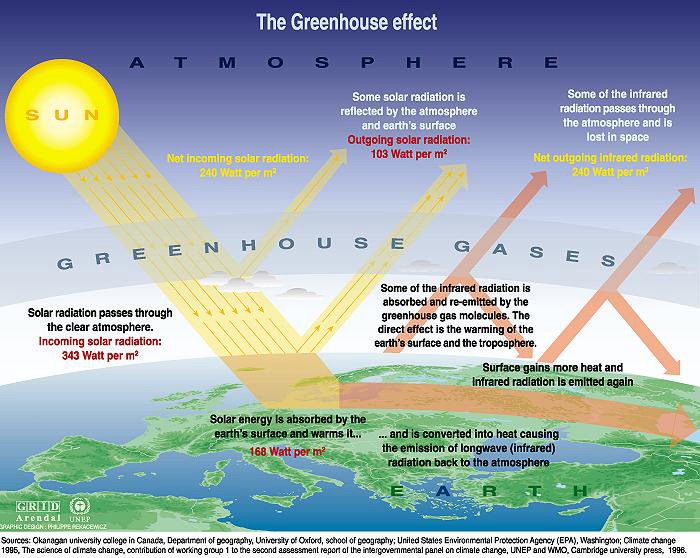
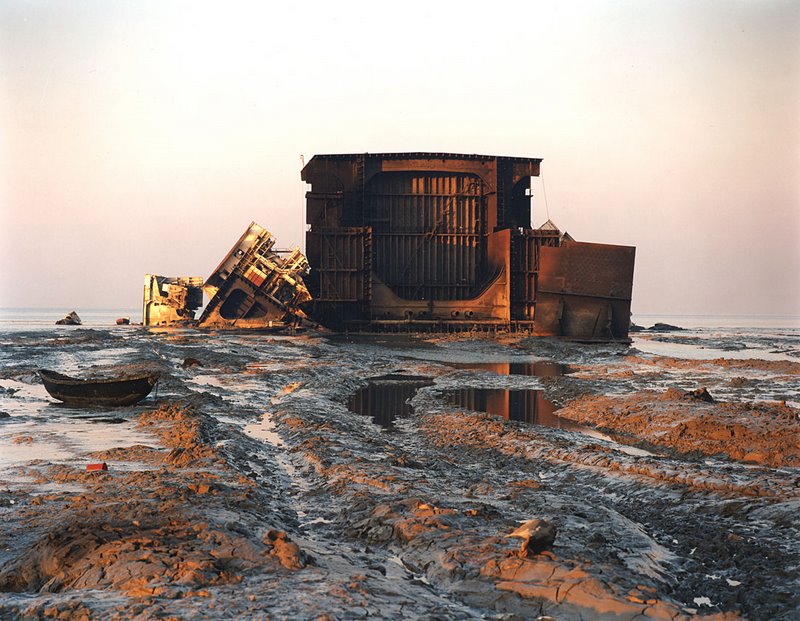
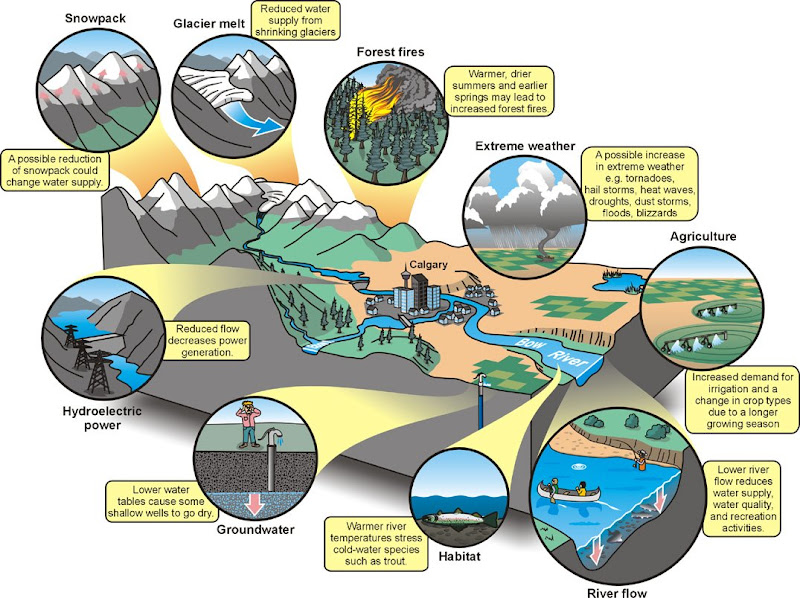
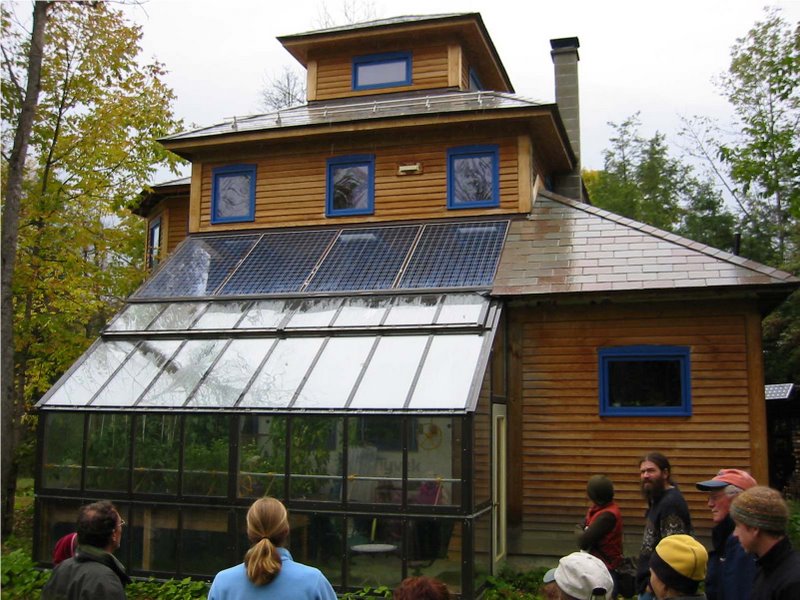
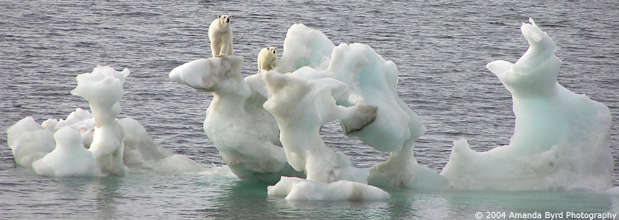




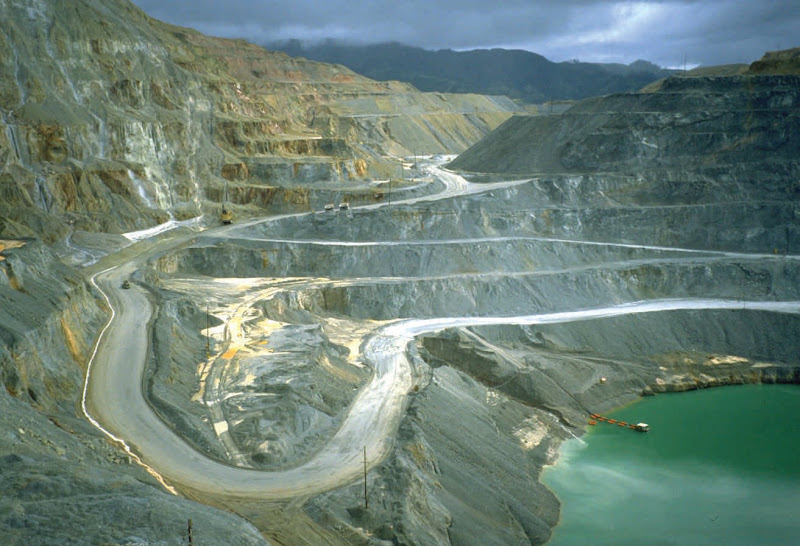
No comments:
Post a Comment